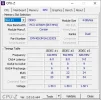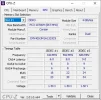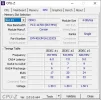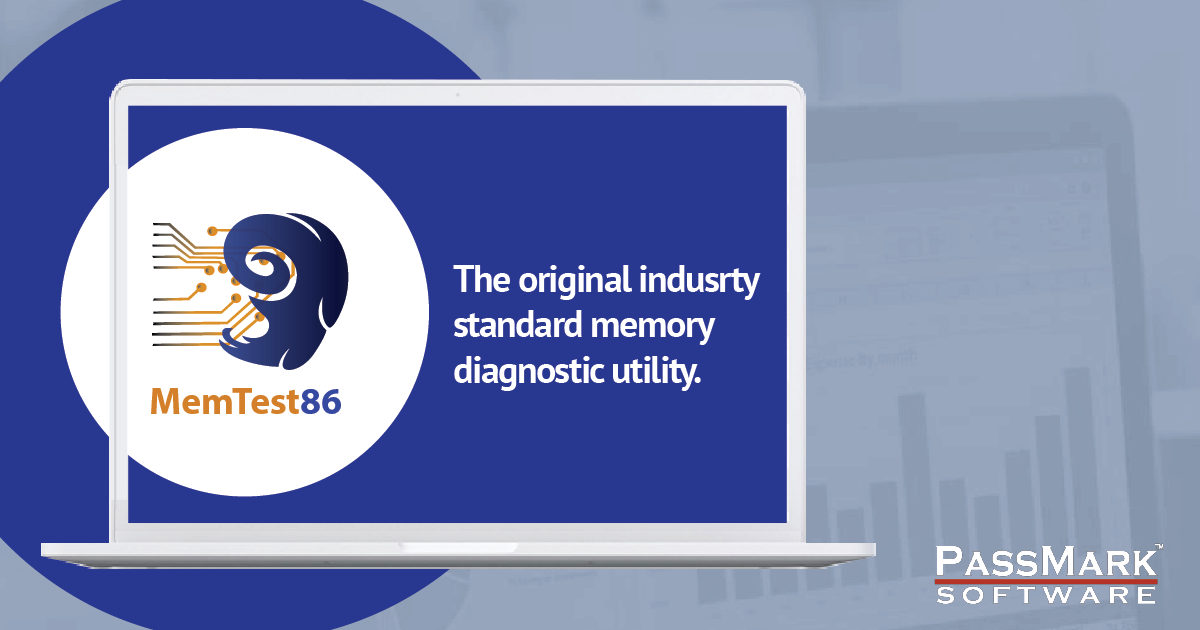Captain Jack Sparrow
Anti-cryptominer
- Joined
- Jul 1, 2007
- Messages
- 561
- Reaction score
- 118
This has been a problem since upgrading to Windows 10. But it was never enough of a problem until recently, because this seems to be getting worse.
An older iteration of "The Black Pearl" which is still used as a secondary PC has a problem with random BSODs, usually during boot. It rarely happens once successfully booted, and never during gaming strangely. Firefox randomly shows the "tab crashed" page quite often, but I'm not sure if this is related.
The worst part is that there's no obvious cause, so I can't reproduce this on demand. It might boot without issues for days, then one day, it will take 2-4 attempts to boot without crashing to a BSOD.
An older iteration of "The Black Pearl" which is still used as a secondary PC has a problem with random BSODs, usually during boot. It rarely happens once successfully booted, and never during gaming strangely. Firefox randomly shows the "tab crashed" page quite often, but I'm not sure if this is related.
The worst part is that there's no obvious cause, so I can't reproduce this on demand. It might boot without issues for days, then one day, it will take 2-4 attempts to boot without crashing to a BSOD.
Hardware:
Motherboard: MSI 870-C45
CPU: AMD Phenom II X6 1100T (3.3 GHz)
RAM: 16 GB DDR3 1333 MHz (4 x 4 GB)
GPU: AMD Radeon RX 590 (8 GB GDDR5)
SSD: 1 x SATA SSD (240 GB)
HDD: 1 x SATA HDD (2 TB)
Optical: 1 x IDE DVD RW drive
Floppy: 1 x FDD drive
PSU: Seasonic Industrial SSP-600ET2 (600W)
OS: Windows 10 Education 21H2 x64
List of BSOD codes (so far):
- KMODE_EXCEPTION_NOT_HANDLED
- MEMORY_MANAGEMENT
- PAGE_FAULT_IN_NONPAGED_AREA
- SYSTEM_THREAD_EXCEPTION_NOT_HANDLED
If any other codes occur which are not listed, I'll add them here.
What I've tried:
- PSU replacement
- CPU replacement
- GPU replacement
- BIOS updated and settings reset
- All drivers updated
- RAM modules removed and re-installed
- Windows 10 clean install
Last edited:






